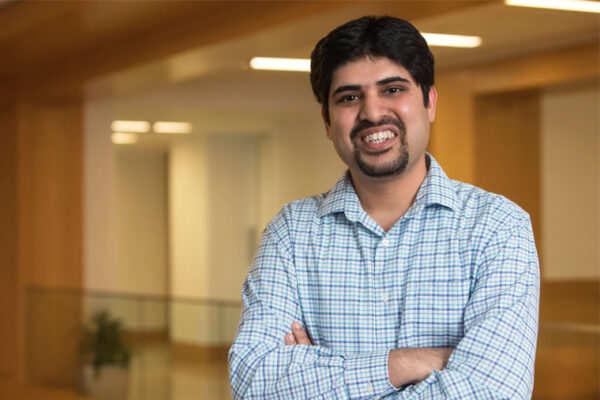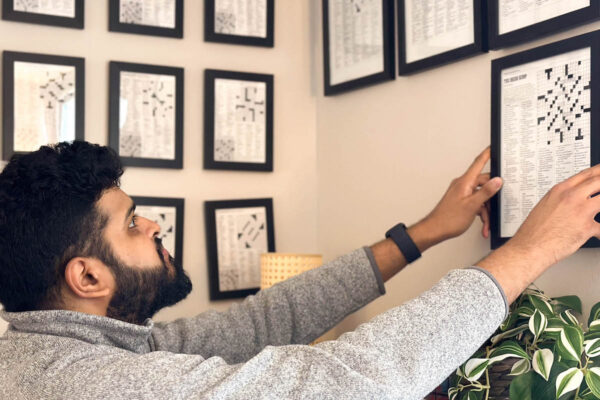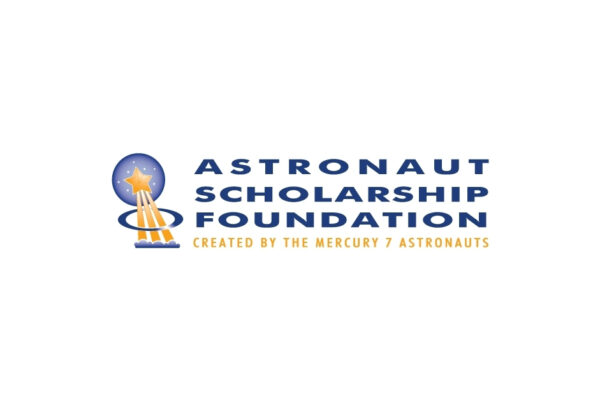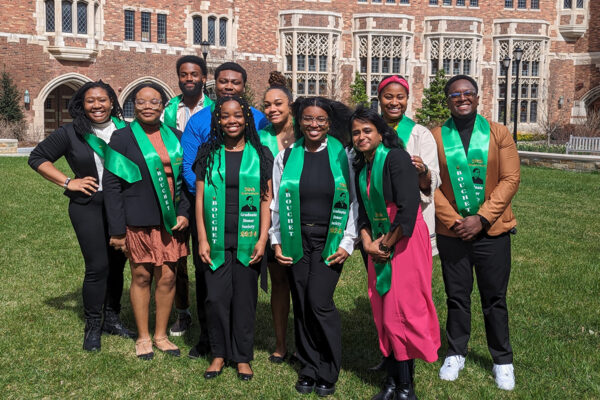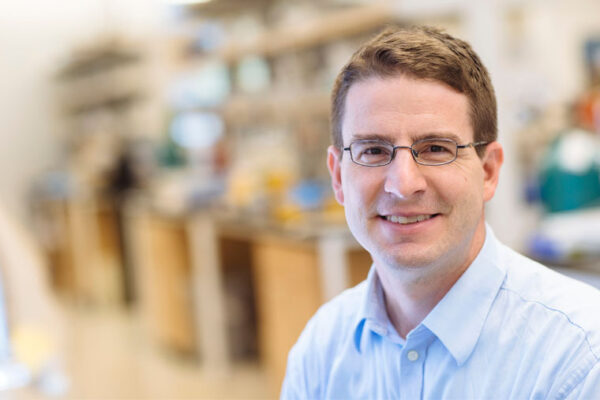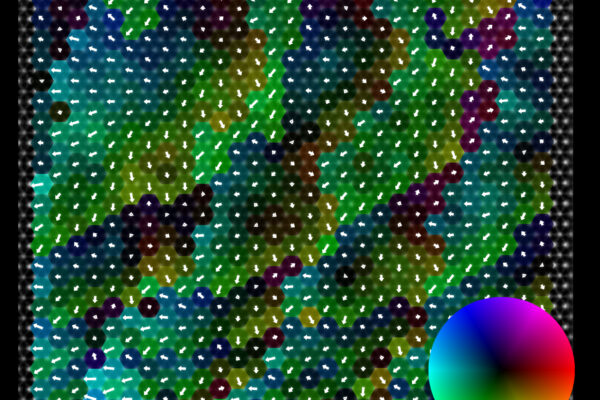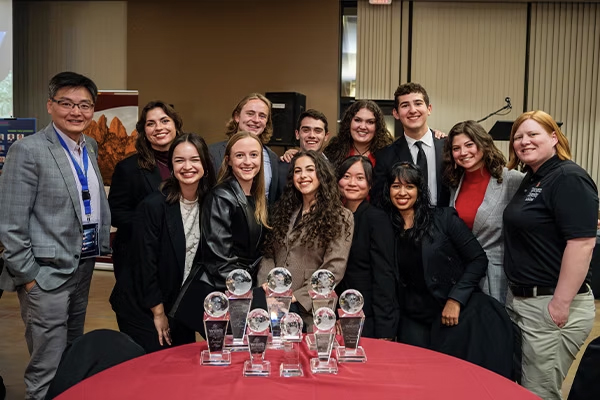Researchers develop improved techniques for medical imaging
Biomedical engineer Abhinav Jha, an assistant professor at the McKelvey School of Engineering and of radiology at the School of Medicine, both at Washington University in St. Louis, has published two papers recently related to improving imaging methods for medical applications.
Uncovering ‘the basis of humanity’ one puzzle at a time
For WashU MD/PhD student Sid Sivakumar, studying the brain is like constructing a crossword puzzle. Conveniently, he does both. He crafts puzzles for The New York Times, Washington Post — and now, the Record.
Collado named an Astronaut Scholar
Tomás Collado, a rising senior studying mechanical engineering at the McKelvey School of Engineering, has been named an Astronaut Scholar, one of the nation’s most prestigious STEM fellowships.
Ten inducted into Bouchet Graduate Honor Society
The Bouchet Graduate Honor Society, established in 2005 by Yale University and Howard University to recognize outstanding scholarly achievement, recently inducted eight doctoral candidates and two postdoctoral fellows from Washington University.
New machine learning method can better predict spine surgery outcomes
Researchers at Washington University in St. Louis combine artificial intelligence and mobile health data to better predict recovery from lumbar spine surgery.
Chakrabarty, collaborators win Simons Foundation International grant for geoengineering
Scientists at the McKelvey School of Engineering at Washington University in St. Louis will explore stratospheric aerosol injection with a $1.5 million grant from the Simons Foundation International.
Giammar named fellow of AEESP
Dan Giammar, the Walter E. Browne Professor of Environmental Engineering in the McKelvey School of Engineering at Washington University, has been elected a fellow of the Class of 2024 Association of Environmental Engineering and Science Professors.
Lawrence, Seáñez win collaboration grants
Mark Lawrence and Ismael Seáñez, both assistant professors in the McKelvey School of Engineering at Washington University, have won $25,000 Collaboration Initiation Grants from the school.
Tiny displacements, giant changes in optical properties
In a study published recently in Advanced Materials, researchers from Washington University and the University of Southern California reveal a new pathway for designing optical materials using the degree of atomic disorder. The researchers anticipate developing crystals that enable advanced infrared imaging in low-light conditions or to enhance medical imaging devices.
Environmental engineering students find success at national contest
Students from Washington University brought home eight awards from the WERC Environmental Design Contest.
View More Stories
